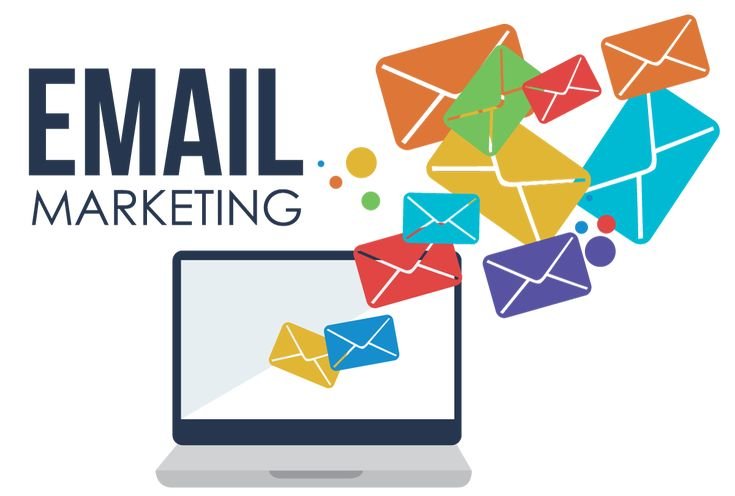Introduction
Email marketing is a powerful and effective digital marketing strategy that involves sending emails to a targeted audience of customers and potential customers. As one of the oldest forms of online communication, email remains a vital tool for businesses to connect with their audience, promote their products or services, and build lasting relationships.
In a world where consumers are bombarded with information and advertisements, email marketing offers a personalised approach, allowing businesses to communicate directly with their subscribers. This direct line of communication not only boosts brand awareness but also fosters engagement by delivering relevant content directly to inboxes.

In the rapidly evolving world of digital marketing, email marketing has established itself as a powerful tool for businesses of all sizes. While social media and search engine marketing often steal the spotlight, email marketing remains an essential component of a comprehensive marketing strategy. In this article, we will explore the significance of email marketing, its benefits, and best practices to ensure successful campaigns.
The Significance of Email Marketing
- Direct Communication Channel: Email marketing provides a direct line of communication with your audience. Unlike social media platforms, where algorithms can limit the reach of your message, emails land directly in your subscribers’ inboxes. This personal approach can lead to enhanced customer engagement and relationship building.
- Cost-Effective Strategy: Compared to traditional marketing channels, email marketing is relatively inexpensive. Businesses can reach a large audience without the high costs associated with print or television advertising. This affordability allows even small businesses to compete effectively in their markets.
- Measurable Results: One of the critical advantages of email marketing is the ability to track and analyse performance metrics. Open rates, click-through rates, and conversions can all be monitored, providing valuable insights into customer behaivor. This data can be used to refine marketing strategies and improve future campaigns.
- Targeted Messaging: With email marketing, businesses can segment their audience based on various criteria, such as demographics, purchase history, or engagement levels. This segmentation allows for personalised content that resonates with different groups, increasing the likelihood of conversions.
Benefits of Email Marketing
- Increased Brand Awareness: Regularly sending emails to subscribers keeps your brand top-of-mind. Whether through promotional offers, newsletters, or valuable content, staying in touch helps reinforce your brand identity.
- Higher ROI: According to various studies, email marketing consistently offers one of the highest returns on investment (ROI) compared to other digital marketing strategies. With thoughtful execution, businesses can achieve significant results from their efforts.
- Nurturing Leads: Email marketing is an effective way to nurture leads and guide them along the customer journey. By providing valuable information and targeted offers, businesses can convert potential customers into loyal clients.
Best Practices for Effective Email Marketing
- Build a Quality Email List: Focus on growing a targeted email list composed of individuals who are genuinely interested in your products or services. Utilise sign-up forms on your website, social media platforms, and during events to capture leads.
- Create Compelling Content: The content of your emails should provide value to the reader. This could be in the form of informative articles, promotions, or exclusive offers. Always keep the subscriber’s interests in mind.
- Personalisation: Personalising your emails can significantly improve engagement rates. Use the subscriber’s name, recommend products based on past purchases, or tailor content to their preferences.
- Optimise for Mobile: With more people checking emails on their mobile devices, it’s crucial to ensure your emails are mobile-friendly. A responsive design will ensure that your content looks good and is easy to read on any device.
- Test and Analyse: Regularly testing different elements of your emails, such as subject lines, content, and CTAs (calls to action), can provide insights into what resonates best with your audience. Use this data to continually refine your strategy for better results.
Conclusion
In conclusion, email marketing remains a vital strategy for businesses aiming to connect with their audience effectively. Its ability to deliver personalised content, coupled with measurable results and cost-effectiveness, makes it an indispensable tool in today’s digital marketing arsenal. By adhering to best practices and focusing on providing value to subscribers, businesses can harness the full potential of email marketing to drive engagement and conversions.